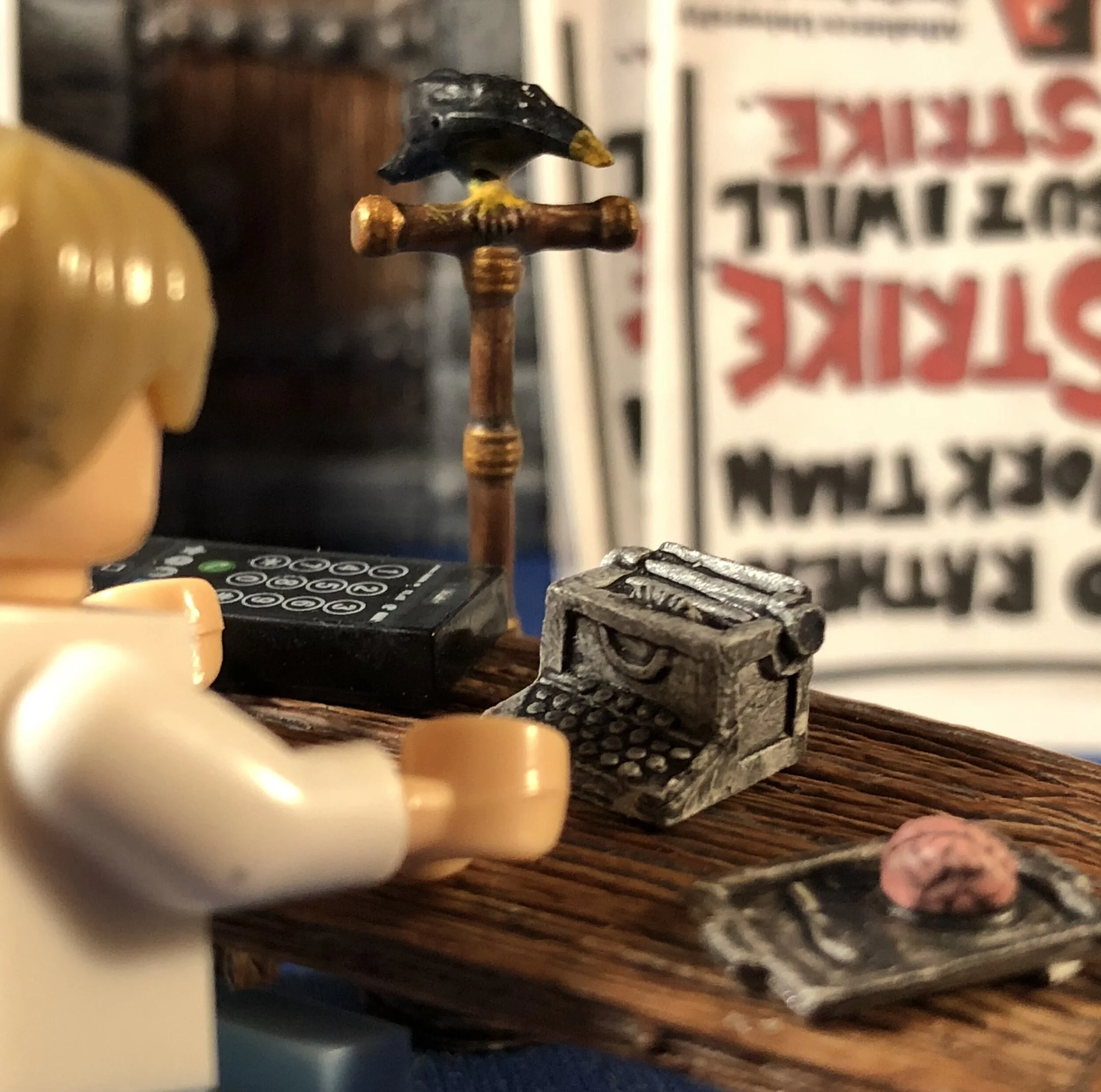AUFA and AU met on January 31 for another day of bargaining. The parties signed off on a couple minor items related to administration of the collective agreement and language reflecting the new bi-weekly pay periods.
AUFA presented a counter proposal on the cost-of-living adjustment. On the previous day of bargaining, AU proposed four years of zero increases. AUFA’s initial proposal, presented 10 months ago, was a 3% increase each year of a three-year agreement.
AUFA’s new amended proposal shifts to a four-year agreement. In the first two years, it asks for increases of 2% and 4% to salaries and grids. This proposal approximately matches inflation these last two years (2020 and 2021). AUFA then proposed that 2022 and 2023 cost-of-living adjustments be tied to Alberta’s consumer price index (CPI).
The goal of the proposal is to ensure AUFA members’ salaries approximately match the increase in the cost of living during the course of the agreement. AU has not formally responded to this proposal, although AU’s bargaining lead, external lawyer Chantel Kassongo, oddly proclaimed the offer to be an “escalation”. This assertion is hard to fathom, given AUFA’s proposal reflects current economic realities plus the passage of time caused by AU’s delay in tabling a monetary offer.
AUFA also tabled counter proposals regarding probation and performance of duties for professionals (Article 4), and on occupational health and safety (Article 25). AU has not yet responded to either proposal.
AUFA also presented concerns regarding the process for making changes to Blue Cross benefit entitlements. Specifically, AU has been refusing to consider changes proposed by AUFA at the joint committee tasked with managing the benefit plan. Article 10 (discrimination and harassment) and Article 17 (Association business) were also briefly discussed without resolution.
A surprising amount of time was spent addressing a technical legal matter. AUFA tabled a notice of estoppel regarding the issue of members performing work not in their job description. An estoppel notice is a legal statement to inform the other party that past practice will no longer apply regarding a specific matter.
AUFA was informing AU that, going forward, AUFA would rigorously apply the terms of the collective agreement regarding members performing work not in their job description. This notice is a legal technicality which does not substantially impact bargaining, and thus should have only taken a few minutes to address. Instead, the discussion took almost an hour and a half, in large part due to persistent questioning from Kassongo.
The dragging out of the estoppel notice discussion and AU’s lack of response to AUFA’s proposals suggest that AU is continuing its strategy of “going slow” in negotiations, which impedes progress toward a new agreement.
No further dates are currently scheduled. AUFA has proposed 12 days in February and March for bargaining. We await a reply from AU.
Jason Foster, Chair
AUFA bargaining team







